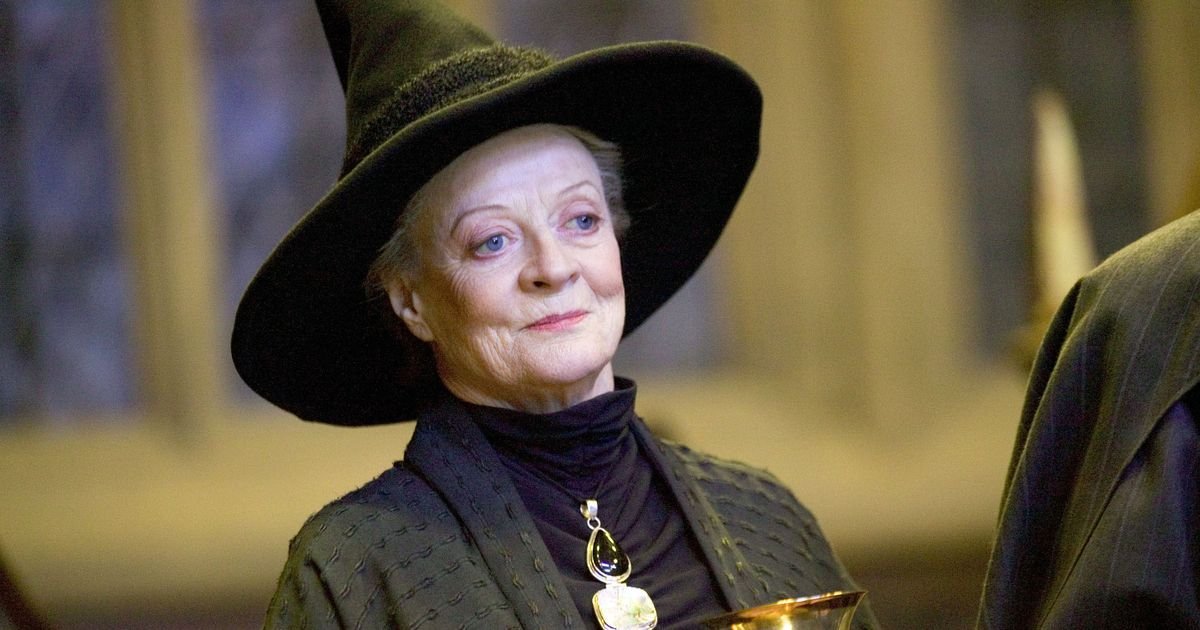
Dame Maggie Smith as Professor Minerva McGonagall. Photo: Warner Bros/Courtesy Everett Collection
Russian media regulator Roskomnadzor has denied plans to ban popular international series such as Harry Potter, Game of Thrones, and Sex and the City under new laws targeting so-called “child-free propaganda”, state news agency TASS wrote on Monday citing the regulator’s press service.
The report followed a publication in Parlamentskaya Gazeta, the official mouthpiece of the Russian parliament, which mentioned the series as examples of media that could be banned under the new legislation, due to come into force on 1 September, which would outline the criteria for identifying content containing “child-free propaganda”.
Under the new rules, media can be restricted or banned if deemed to “encourage or justify the decision not to have children”, “promote the advantages of living without children”, or “depict pregnancy, motherhood, or fatherhood in a negative light”, the newspaper wrote.
Examples cited by Parlamentskaya Gazeta include the TV series Sex and the City, whose heroine Samantha Jones is said to display “obvious childfree tendencies”, and to have “struggled” when asked to look after her friend’s baby.
The newspaper also mentioned the popular TV and book series Game of Thrones, where the character Brienne of Tarth aspires to become a knight and “be equal to men” — a goal that she is said to have pursued at the expense of motherhood.
Even the ostensibly “innocuous” Harry Potter series could contain “a subtle nod” to child-free ideology, the newspaper said, because of the childless status of one of its protagonists, Professor McGonagall, although it is not clear whether this was her “conscious choice”.
The crackdown follows a controversial law signed by Vladimir Putin in November 2024 that makes it an offence to advocate for child-free lifestyles, or spreading “child-free propaganda”.
Individuals spreading “child-free propaganda” in broadcast media or online could face fines of up to 400,000 rubles (€4,400), while companies can be fined as much as 5 million rubles (€55,200) for the same offence, and foreign citizens could face deportation.
This move forms part of a broader cultural and ideological campaign by the Kremlin to reinforce what it calls “traditional family values” and suppress alternative lifestyles. In recent years, Russia has enacted strict censorship laws targeting LGBT content, feminist perspectives, and Western media narratives that deviate from state-approved ideals.
